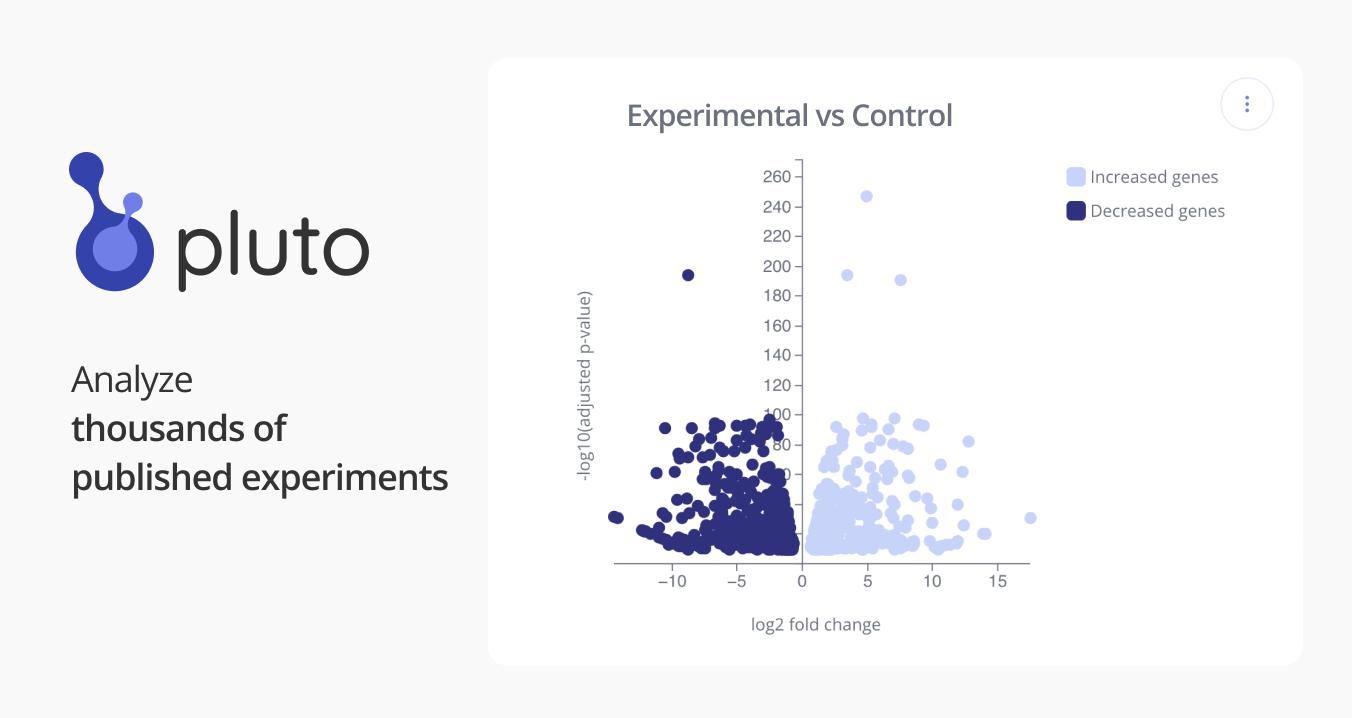Pluto Bioinformatics
GSE83125: Major Facilitator Superfamily Domain Containing 7C (Mfsd7c) Mediates the Effects of Heme on Cell Metabolism, Motility and Transcription
Bulk RNA sequencing
Dysfunctional mutations of major facilitator superfamily domain containing 7C (Mfsd7c) are associated with Fowler's Syndrome. However, beyond its reported activity in heme importation, the function of Mfsd7c is unknown. Herein, we show that Mfsd7c forms complexes with proteins in both mitochondrial and cytoplasmic membranes including components of the electron transport chain (ETC), Fc receptors, and integrin. Cells deficient in Mfsd7c exhibit altered ETC activities with an elevated oxygen consumption rate and heat generation, decreased ATP synthesis and production of reactive oxygen species, and attenuated responses to heme stimulation. Mfsd7c-deficient cells are more motile with increased antibody-dependent cellular phagocytosis (ADCP) activity and exhibit an altered transcriptional response to heme stimulation through transcriptional factors CREB and NF-kB. These results show that Mfsd7c mediates the effects of heme in cell metabolism, motility and transcription, and shed light on how dysfunctional Mfsd7c mutations may contribute to Fowlers syndrome. SOURCE: Charles,Arthur,Whittaker (charliew@mit.edu) - Koch Institute
